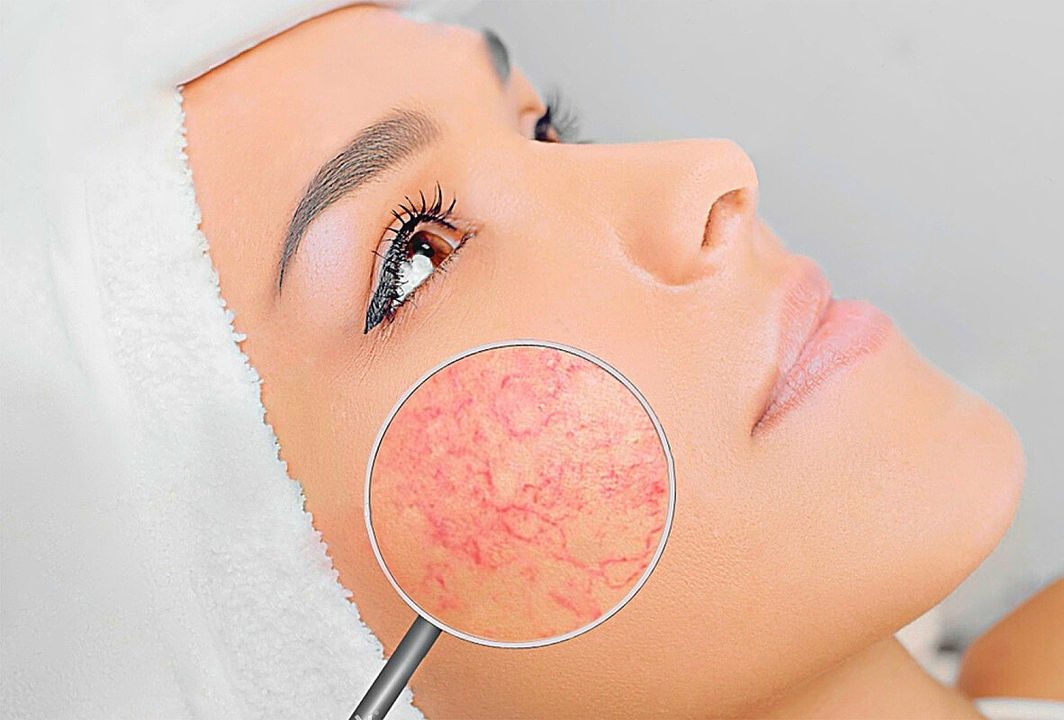Melasma and Emotions: How to Cope with Skin Discoloration
Explore how melasma affects emotions and learn practical coping strategies, skin‑care tips, and professional advice to regain confidence.
Read moreRed, itchy, or flaky skin can be loud and annoying. You don’t need a dozen products to fix it — you need a routine that avoids what makes things worse and uses a few reliable basics. Below I’ll share a short, practical plan for irritated skin, common mistakes to stop doing, and when a strong medication like isotretinoin might be an option for rosacea.
Cleanse gently: Use a mild, fragrance-free cleanser once or twice daily. Avoid hot water and rough cloths. Pat dry with a soft towel.
Moisturize right away: Apply a simple, fragrance-free moisturizer while skin is damp. Look for ceramides, glycerin, or hyaluronic acid. These ingredients help rebuild the skin barrier and reduce redness.
Soothe inflammation: If skin feels burned or very red, try short-term use of a thin layer of over-the-counter hydrocortisone (0.5–1%) — only for a few days and not on broken skin. For ongoing issues, see a dermatologist before continuing steroids.
Protect from the sun: Use a broad-spectrum SPF 30 or higher every morning. Physical sunscreens with zinc oxide or titanium dioxide are usually gentler on sensitive skin.
Simple extras: Use lukewarm showers, cotton clothing, and fragrance-free laundry detergent. Patch-test any new product on a small area for several days before using it on your face.
Stop scrubbing: Harsh scrubs and long exfoliation sessions can strip oils and worsen irritation. Switch to gentle chemical exfoliants only if your skin tolerates them, and start slowly.
Trim your routine: If you’re using many active ingredients (retinoids, acids, vitamin C, benzoyl peroxide), try removing everything except a gentle cleanser and moisturizer for two weeks. Reintroduce one active at a time to see what triggers problems.
Allergy check: New itching or hives after a product may mean contact allergy. Stop the product and consult a doctor if symptoms spread or won’t calm down.
When rosacea gets involved, treatment sometimes needs more than creams. Many people do well with topical azelaic acid, metronidazole, or oral antibiotics. For persistent, severe flushing and inflammatory bumps, dermatologists may consider isotretinoin. This drug can reduce oil production and inflammation but brings serious side effects — dry skin, mood changes, and birth defects if taken during pregnancy — so it must be managed by a specialist with blood tests and contraception counseling when needed.
Practical next steps: try the simple routine above for 2–4 weeks, keep a photo diary to track flare-ups, and see a dermatologist if redness, burning, or bumps persist despite basic care. Small, consistent changes usually beat aggressive experiments. Your skin will thank you for fewer products, less friction, and a steady routine.

Explore how melasma affects emotions and learn practical coping strategies, skin‑care tips, and professional advice to regain confidence.
Read more
Managing skin irritations is less about luck and more about having a good skincare routine. The right routine can calm redness, prevent flare-ups, and help your skin heal faster. Little changes, like using gentle cleansers or skipping harsh scrubs, make a big difference. If you often feel itchy or spotty, knowing what helps (and what makes things worse) puts you back in control. This guide breaks it all down so you can give your skin a real chance to recover.
Read more
In my recent research, I've discovered that Isotretinoin, a powerful acne medication, may also be an effective treatment for rosacea, a common skin condition. It appears that this medication can help reduce inflammation, redness, and facial flushing associated with rosacea. However, it's important to note that Isotretinoin can have significant side effects and should only be used under the supervision of a dermatologist. I've found that many people with rosacea have seen improvements with this treatment, but it's crucial to weigh the benefits against potential risks. If you're considering Isotretinoin for your rosacea, make sure to consult with a healthcare professional first.
Read more